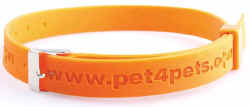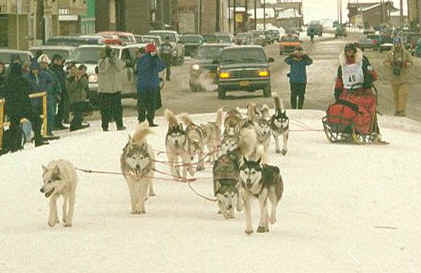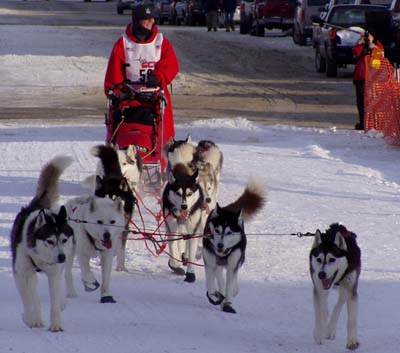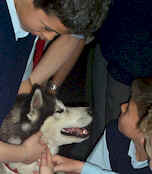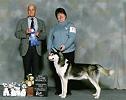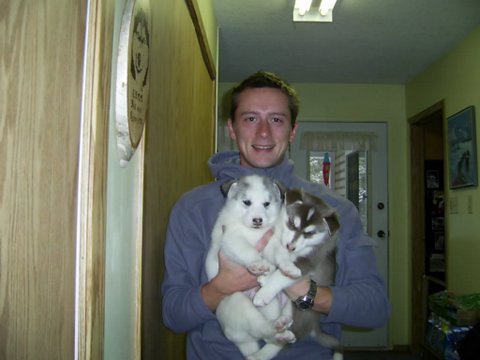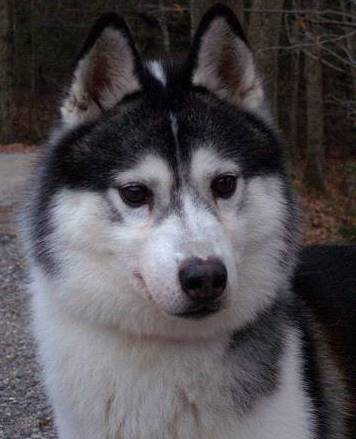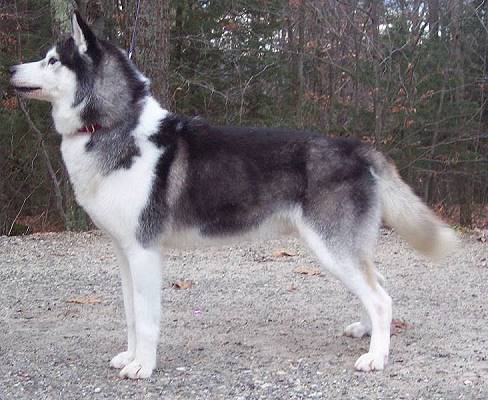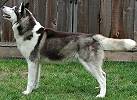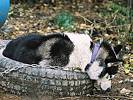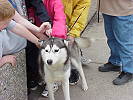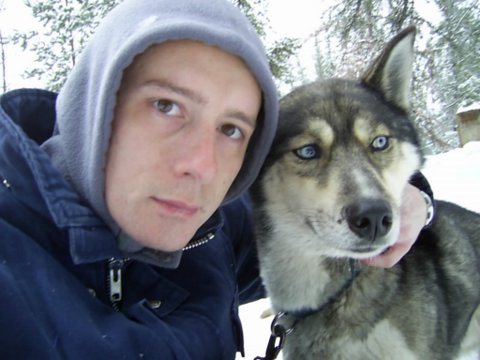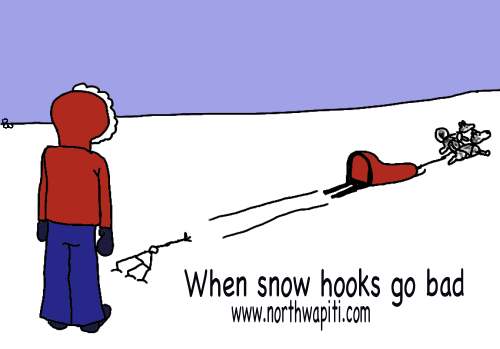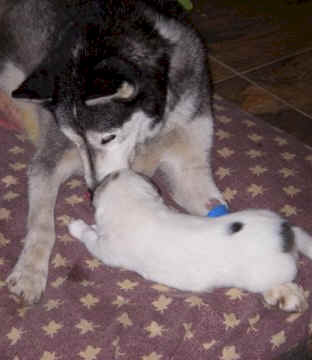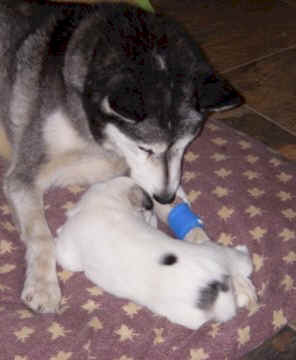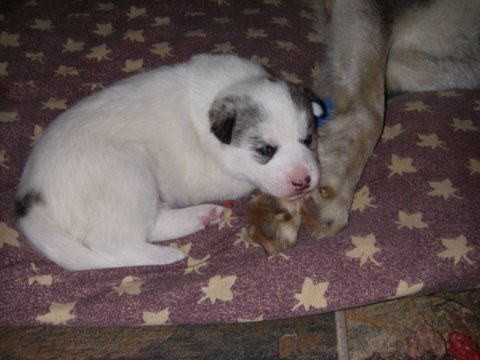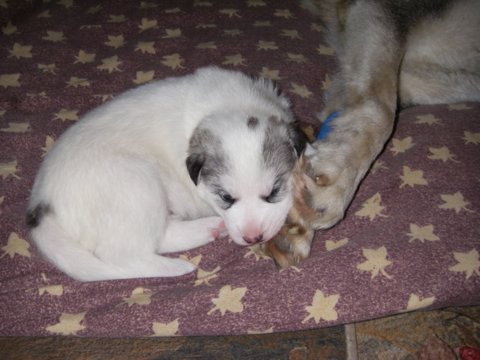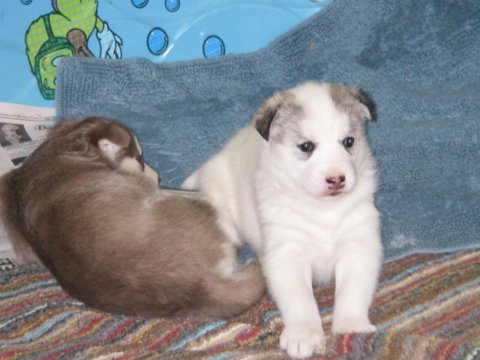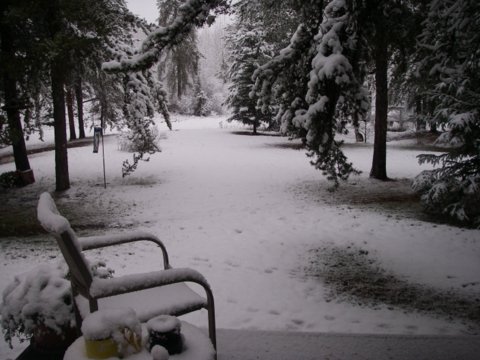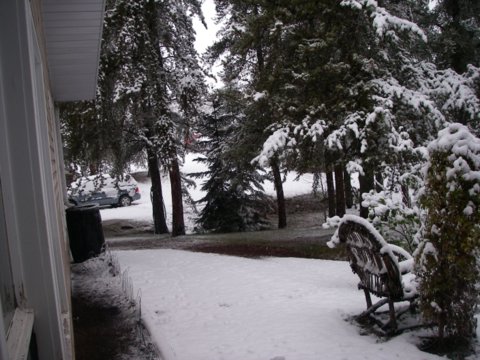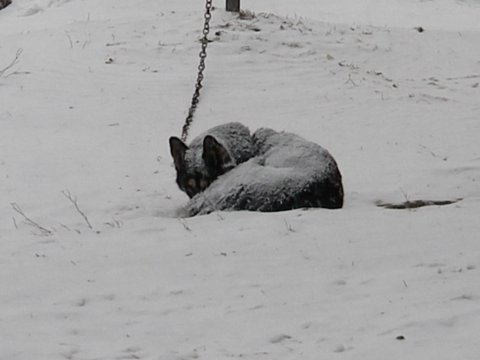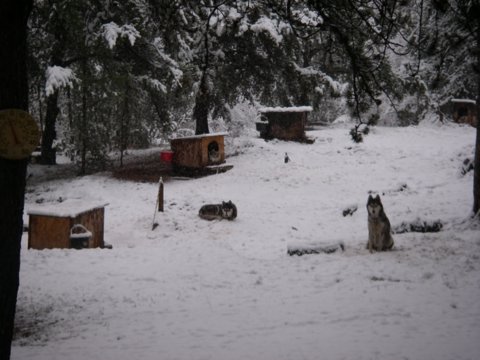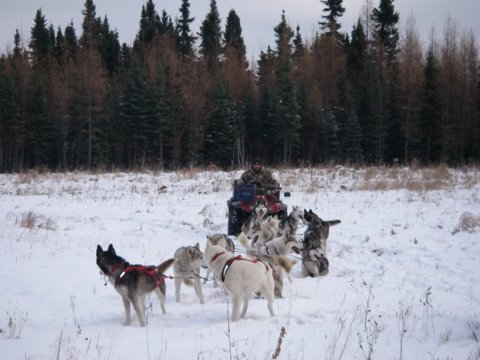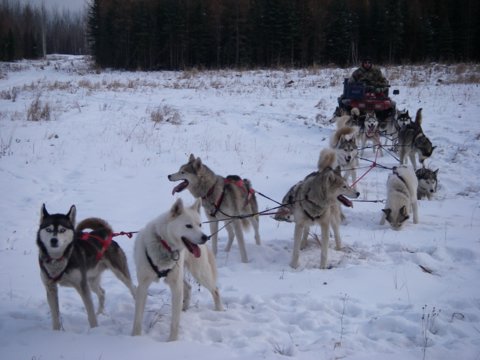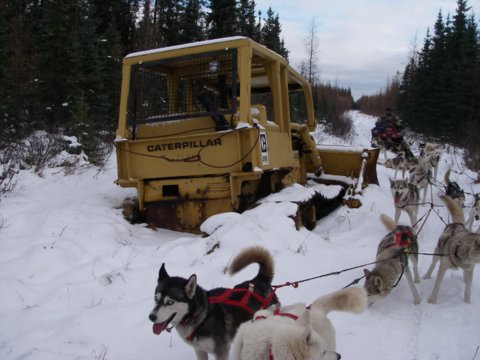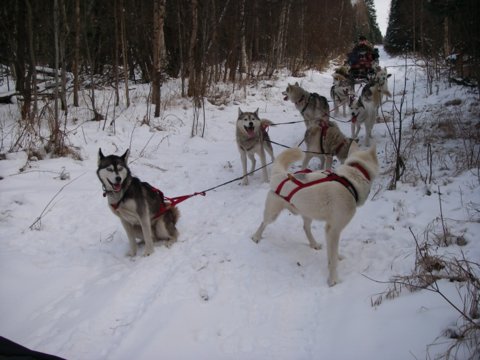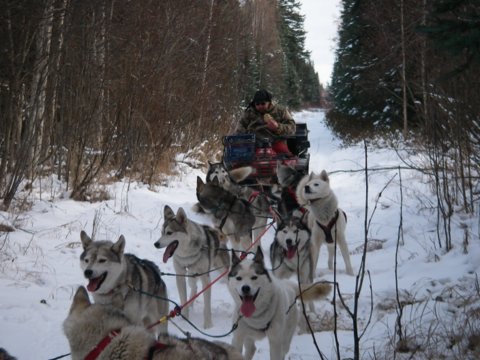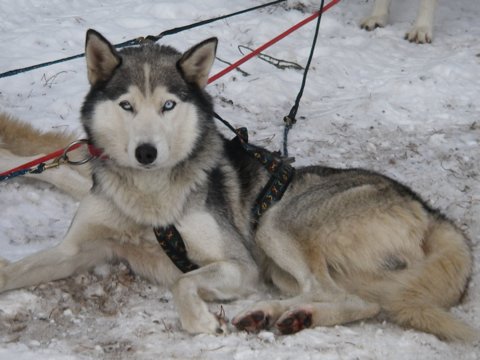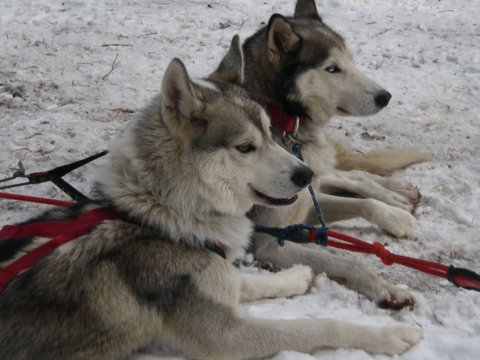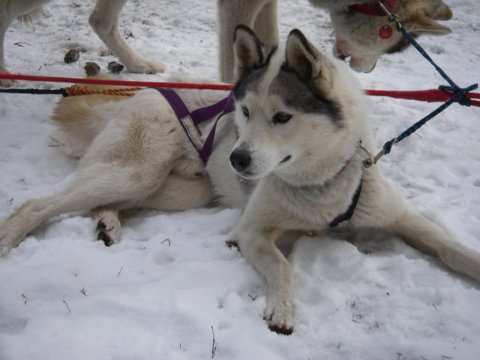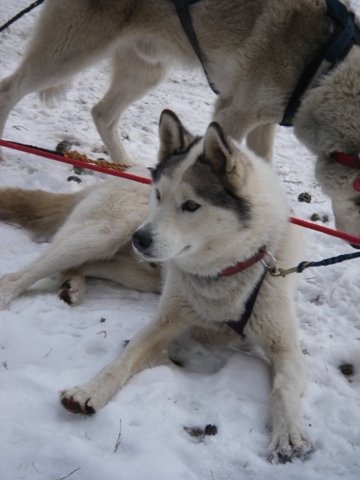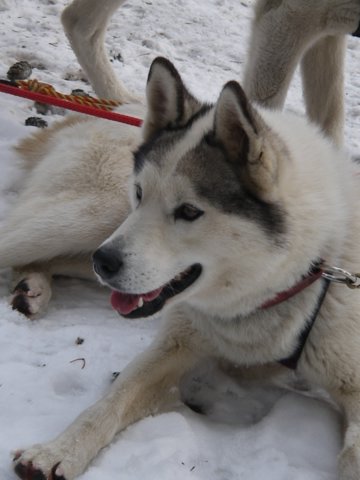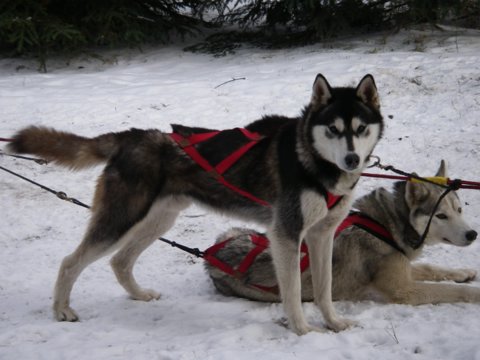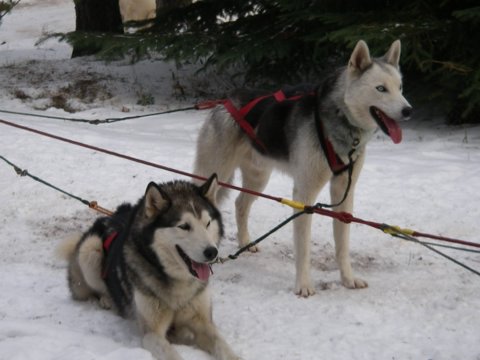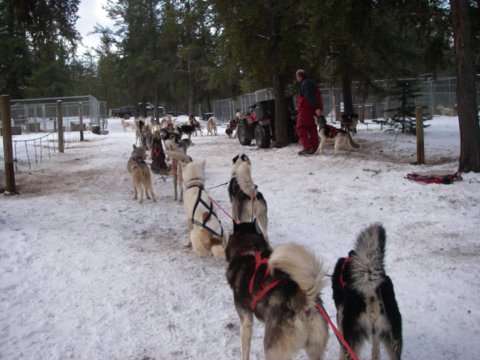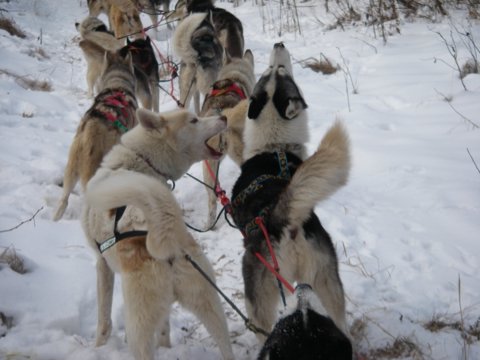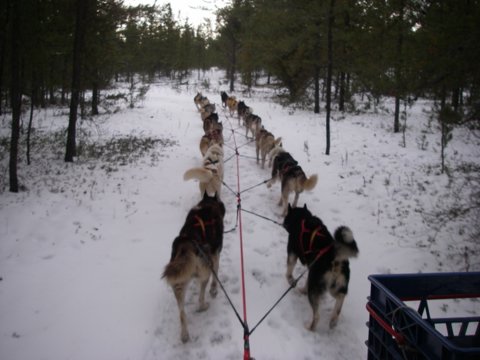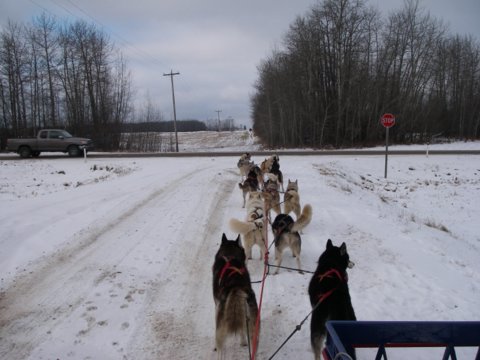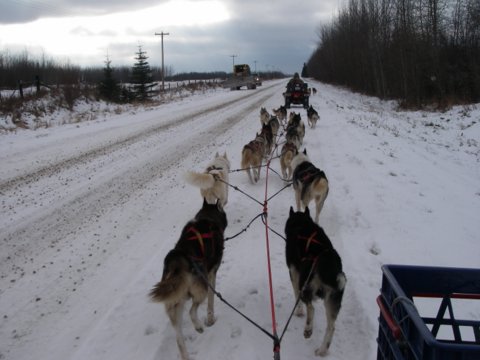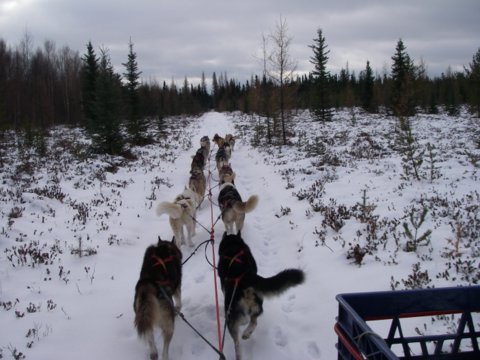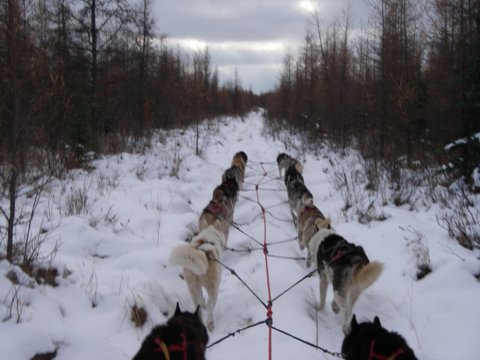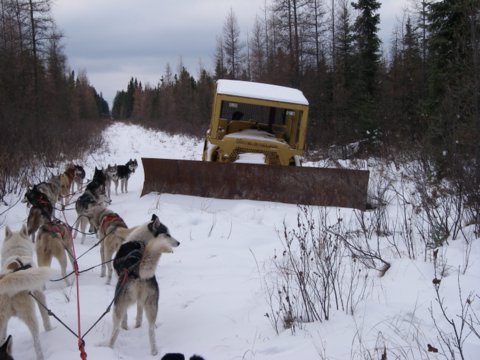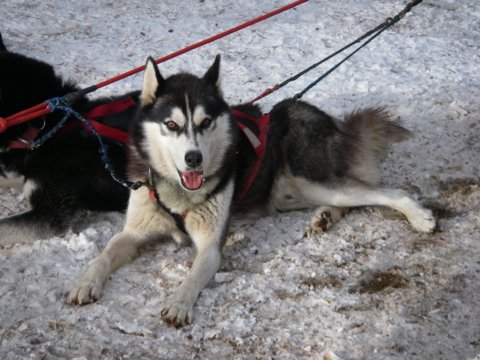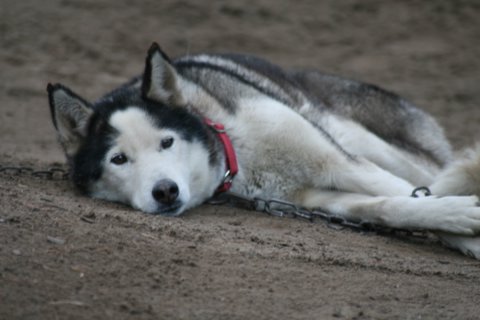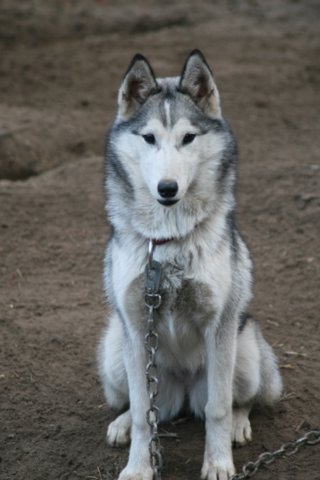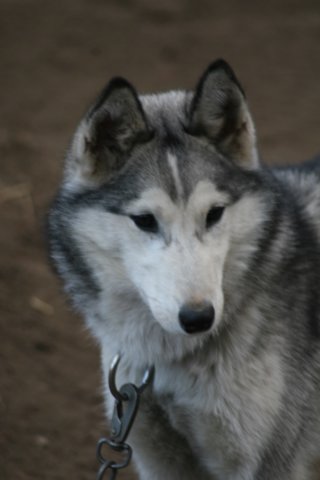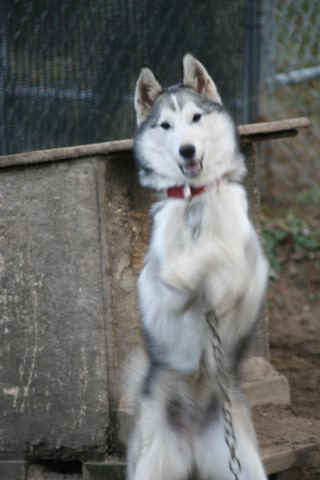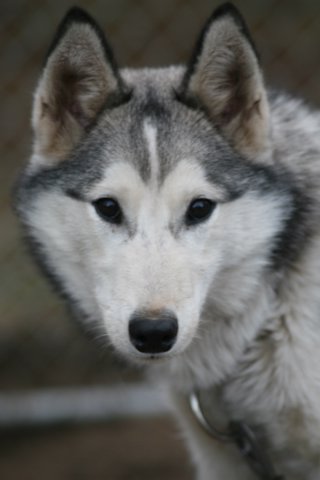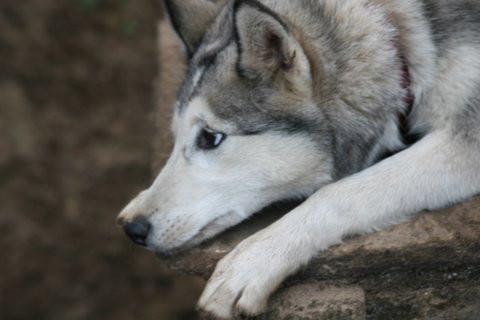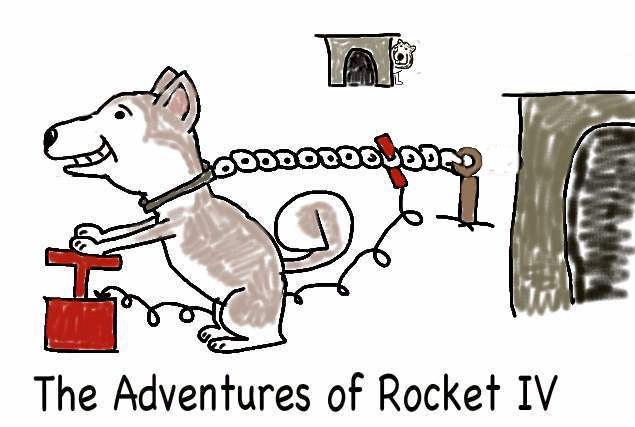The statistics we were given from a specialist (Seattle, WA) a couple weeks ago was that at least 50% of our canine friends will have some form of cancer during their life - and they believe that figure may be falsely on the low end. Lymphoma is supposedly the third most common cancer found in canine cases that do get reported. Usually the most aggressive cancer but also usually has the highest response rate to treatment. I think MCT (mast cell tumors) were the number one cancer found in dogs.
The only reason I know this and decided to post today is that one of my Siberians and I were "invited" to battle Lymphoma exactly two weeks ago. Same scenario as Karen experienced with Chester (except no visible tumors on my dog). In the morning my dog looked and acted fine. By 4 PM that same day he was laying flat out and refusing food. I felt blindsided. While this is not an Iditarod Siberian, he was running 800 - 1000 miles a year in harness on a 6 dog team and his most recent exam with blood work (end of August) reported him in great health. It is very tough to see an athletic dog (or anyone's fuzzy buddy for that matter) struck down so quickly. He is responding positively to chemo treatment and will soon be wearing one of the bright orange collars! Thanks, Karen.
(Karen's reply):
Janet, What is your boy's name??
We, of course, wish him the best. Sissy, an 2001 Iditarod finisher with me, now owned by Donna Quante went through chemo a few years back and beat her cancer. Unfortunately, it has recently returned, but Donna and Sissy got a number of happy years due to the chemo treatment.
I wish you and your boy the same.
Keep us posted.
BTW - Chester is starting to struggle a bit. The steroids he is on have shrunk his tumours quite a bit, which seems to have made him more comfortable, but we are having issues with him vomiting. Tanis had us put him on a antihistamine, but that hasn't seemed to work too well, and makes him pretty sleepy.
He is still a tail wagging food hound though. Last night he climbed up on my chair when I got up from the dinner table to see if he could find anymore roast beef. We are pretty tolerant of his demands and that tactic, which would normally get a dog reprimanded here, actually scored him some table scraps.
It is been -30 here for the last week or so (-40 this morning), but Chester still likes to spend a lot of time outside. I find him curled up in the straw next to his outside doghouse as often as I find him curled up on the dog bed inside.
Karen
(Followed up by another Group member's in put):
My cancer victim went through 6-months of chemo after her first surgery. She was put on a drug called Leukerin. It was expensive and can damage the liver and reduce white blood cells so she had to have monthly blood work (also expensive) however she acted completely normal and seemed to have no impact on her at all. It produced fewer side effects than I have heard other people experienced with Prednisone (another common treatment for mast cell cancer).Karen, I'm sorry to hear that Chester is having symptoms. Is it Mast Cell? TJ had similar problems with vomiting (and diarrhea) due to the histamines the tumors produced. And it is disconcerting how the tumors grow and shrink. Seems like one day there is nothing then the next day there is a big lump as the histamines are released.
(Karen's reply):
Yes, it is Mast Cell tumours.
Actually, yesterday was a 'vomit free' day, so maybe the antihistamines are working.
Chester is discovering all sorts of foods to love. Mark had him slurping linguine last night.
It was -40 yesterday and even then the Boy spent a lot of the day outside in his pen, napping on the straw and watching the world go by (although not much moves around at -40).
Karen

